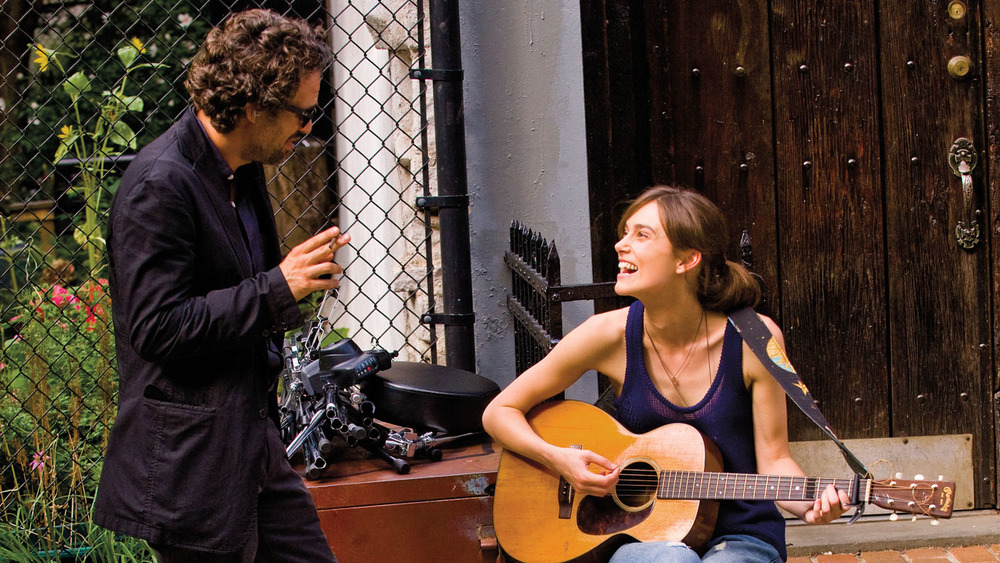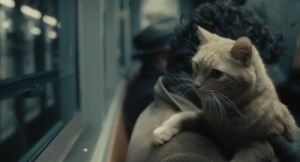Enjoy new wonders reminiscent of Harry Potter’s world

When the final book in J.K. Rowling’s Harry Potter series was published, after the initial excitement of reading the final chapter, fans of the boy wizard and Rowling’s magical world created were also a bit distraught: It was the end. The cynic would have said, “Oh, please. There’s way too much money involved!” Between Warner Bros, which handles the films, and the slew of publishers across the world who made mints on the books and its translations, there were, literally, tens of billions of dollars to be made. But Rowling, at least publicly, isn’t much of a cynic. She seems to love, really love, the world and characters she created, and shortly after Deathly Hallows, she announced that she would start a whole new set of films based around Newt Scamander, the author of a text book Harry and his friends read while students at the wizarding academy Hogwarts. Rowling had released the short, whimsical Fantastic Beasts and Where to Find Them in 2001 to raise money for Comic Relief. The film of the same name, written by Rowling and directed by David Yates, uses Scamander’s mini encyclopedia as a way to expand the wizarding universe to the United States, to the previous century, and to investigate, tentatively and slightly, themes a bit more adult than those of Harry’s adolescent concerns.
The film takes place in New York in 1926 and begins with Newt (Eddie Redmayne) arriving by steamship with a suitcase literally bursting with magical animals he has collected during his travels. His suitcase, like various rooms and tents in the Harry Potter series, is much, much larger than it appears. When one of them escapes – a platypus-like rascal who collects shiny things, like money – the resulting chaos gets Newt arrested by local magic cop Tina Goldstein (Katherine Waterston). He exposed magic to the local No-Maj, or folks who can’t do magic, while physically harming one, a wannabe baker named Jacob Kowalski (Dan Fogler) who just happened to be in the way.
Tina isn’t just being a good cop. It turns out she’s trying to get back into the good graces with the powers-that-be, including a detective named Graves (Colin Farrell) and the American wizard president (Carmen Ejogo), who demoted Tina after she got into a fight with a witch-hating No-Maj radical (Samantha Morton). Meanwhile, the city is being plagued by mysterious building collapses and explosions, which may or may not be the fault of mysterious international wizard terrorist Grindelwald. When many of Newt’s creatures escape and the attacks get worse, Newt is blamed, Tina is implicated, and fantastical adventure ensues.
The film is fun simply because it reminds us of the Harry Potter world, and in expanding that world, geographically and historically, we are treated to new wonders, some which are Rowlingesque quirky and some which are visually spectacular. The beginning of the film’s second act takes place in Newt’s suitcase, which is a sort of ramshackle wild-life sanctuary, and the creatures are as original and beautiful as anything out of Avatar or Star Wars. Our heroes are broadly drawn as characters but they are endearing: Newt is weird and brilliant and idealistic, while Tina is as ambitious as she is emotionally invested in her work. Harry, Hermione and Ron were only complex and magnetically interesting after repeated exposure. There will be five movies about Newt and Tina, so we have time to fall in love with them.
In Fantastic Beasts, I gave them the benefit of the doubt that they will become more interesting, but I found Kowalski and Tina’s squeaky flapper sister Queenie (Alison Sudol) immediately entrancing. Oscar-winner Redmayne, whose jerky awkwardness is becoming his one-note wonder, is fine and is used well by Yates and Waterston, so brilliant in P.T. Anderson’s Inherent Vice, is also well used, though I wanted her to be more badass, or at least edgier. Tina’s sweetness is a symptom of the film’s flaw. While Harry Potter grew up and Rowling became a much better and more interesting writer over the years, Potter properties are still marketed to children and teenagers. Fantastic Beasts, despite being about adults and careers and adult love, is still a kids movie. It could have been darker and more interesting, but that’s not where the billions of dollars are going to come from.
Fantastic Beasts and Where to Find Them
Directed by David Yates
Written by J.K. Rowling
Starring Eddie Redmayne, Katherine Waterston and Colin Farrell
Rated PG-13
Powered by WPeMatico



